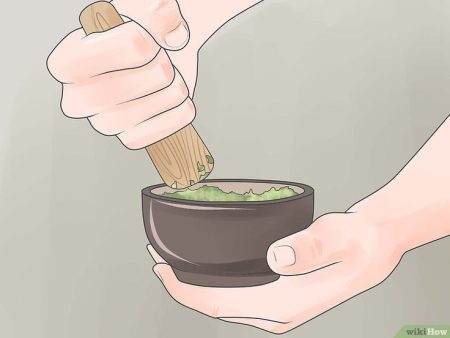When we think of a “caregiver,” images of helping with daily tasks, administering medication, or providing companionship often come to mind. And while these are certainly vital aspects, the role of a developmental disability caregiver is profoundly more complex, encompassing a spectrum of responsibilities that go far beyond conventional care. It’s a journey marked by immense dedication, unwavering advocacy, and a deep, often lifelong, commitment to fostering growth, independence, and well-being.
These caregivers, whether family members or professionals, step into a unique partnership. They become architects of progress, navigating complex systems, celebrating small victories, and ensuring their loved one or client lives a life of dignity and fulfillment. It’s a role that demands not just compassion, but a vast array of specialized skills and a resilient spirit.
One of the most significant and often unseen roles of a developmental disability caregiver is that of a navigator. The world of services, therapies, education, and legal rights for individuals with developmental disabilities can be incredibly intricate and overwhelming. Caregivers often spend countless hours researching, coordinating appointments, understanding eligibility criteria for programs, and deciphering complex paperwork.
They become experts in Individualized Education Programs (IEPs), therapy schedules, medical appointments, and government support systems. Their ability to effectively navigate this bureaucratic maze ensures that their loved one or client receives all the resources and support they are entitled to, directly impacting their quality of life and opportunities for growth.
The Advocate: A Voice for Rights and Needs
A fundamental aspect of being a developmental disability caregiver is being an unwavering advocate. Many individuals with developmental disabilities may have limited ability to articulate their needs or assert their rights within various systems – be it healthcare, education, or social settings. The caregiver steps in as their voice.
This advocacy can involve everything from ensuring appropriate medical treatment and educational accommodations to fighting for inclusion in community activities and protecting against discrimination. It’s about empowering the individual and ensuring their dignity, choices, and well-being are respected and prioritized in every situation. This relentless pursuit of their loved one’s best interests is a defining characteristic of the role.
The Educator and Facilitator: Fostering Skill Development
Unlike caregiving for, say, an elderly person with declining abilities, developmental disability caregiving often involves a continuous focus on learning and skill development. Caregivers play a crucial role in teaching adaptive skills, life skills, and communication strategies tailored to the individual’s unique learning style and abilities.
They might work with therapists to reinforce exercises at home, adapt daily routines to build independence, or explore alternative communication methods. They celebrate every milestone, no matter how small, and are constantly looking for new ways to facilitate learning and encourage their loved one to reach their fullest potential. They are patient teachers, fostering growth every day.
The Emotional Anchor: Providing Unconditional Support
Beyond the practical tasks and advocacy, the developmental disability caregiver serves as a profound emotional anchor. They provide unconditional love, patience, and understanding, creating a safe and stable environment where the individual can thrive emotionally. They witness both the immense joys of progress and the heartbreaking challenges, offering consistent emotional support through it all.
This deep emotional connection fosters trust and allows the individual to feel secure and valued. The caregiver often becomes the primary source of comfort, encouragement, and stability in their loved one’s life.
The Coordinator: Weaving a Network of Support
Finally, the caregiver often acts as the central coordinator for a vast network of support. This includes communicating with doctors, therapists, teachers, social workers, and other service providers. They weave together all these different threads of support into a cohesive tapestry of care. While the role of a developmental disability caregiver is immensely demanding, organizations are dedicated to providing resources and support for these vital individuals.
Conclusion: A Role of Profound Impact and Unwavering Dedication
The role of a developmental disability caregiver is multifaceted and deeply impactful. They are navigators, advocates, educators, emotional anchors, and expert coordinators, all wrapped into one. Their unique dedication goes far beyond basic care, touching every aspect of an individual’s life to foster their development, protect their rights, and ensure their well-being. It is a role that requires immense strength, boundless compassion, and an unwavering commitment to seeing the unique potential in every person they support.










